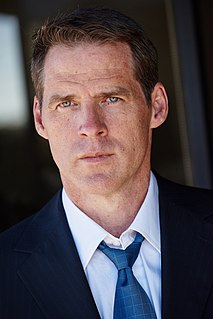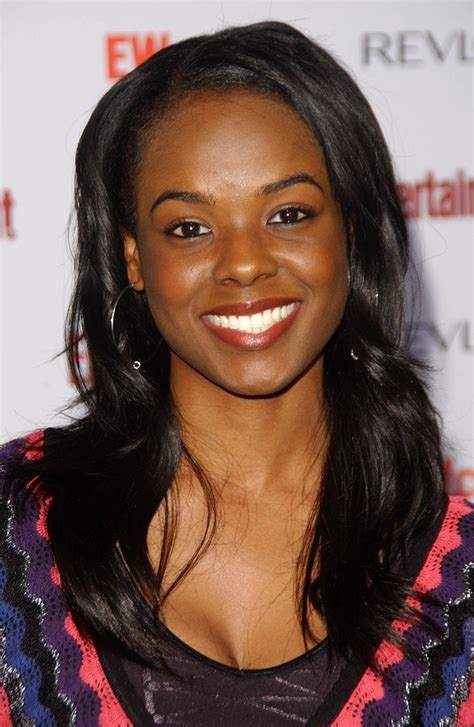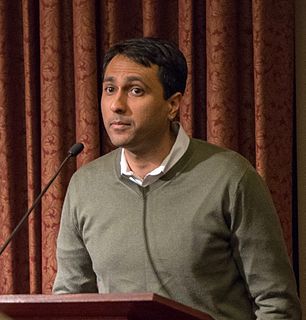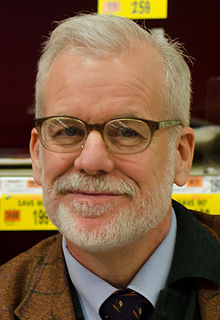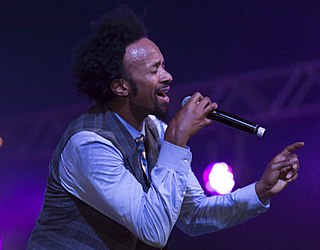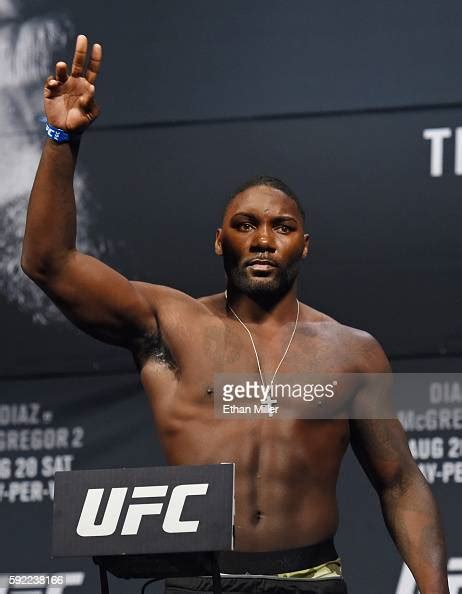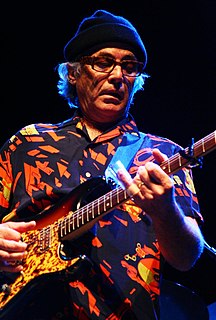Top 1200 Story People Quotes & Sayings
Explore popular Story People quotes.
Last updated on April 14, 2025.
It's only a story, you say. So it is, and the rest of life with it - creation story, love story, horror, crime, the strange story of you and I. The alphabet of my DNA shapes certain words, but the story is not told. I have to tell it myself. What is it that I have to tell myself again and again? That there is always a new beginning, a different end. I can change the story. I am the story. Begin.
There is a problem in America. An Irish or Polish American can write a story and it's an American story. When a Black American writes a story, it's called a Black story. I take exception to that. Every artist has articulated to his own experience. The problem is that some people do not see Blacks as Americans.
Changers are characters who alter in significant ways as a result of the events of your story. They learn something or grow into better or worse people, but by the end of the story they are not the same personalities they were in the beginning. Their change, in its various stages, is called the story's emotional arc.
Loneliness is the inability to share your story, your Unique Self story. For most people, the move beyond loneliness requires us to share our story with a significant other. For the spiritual elite, the receiving of our own story - and the knowing that it is an integral part of the larger story of All-That-Is - is enough. But for most human beings, loneliness is transcended through contact with another person.
I didn't use anybody's story. I used the context and the structure of the situation. People were so, so desperate to tell their story and begin to digest their experience - like turning it into a story - that after the fist few weeks I could go with a pad and pencil and take notes. People didn't seem at all bothered by that.
When I looked into the story of Soviet hockey and its players, I realized that it has nothing to do with hockey. It was a larger story using hockey as a window into the story of the rise and fall of the Soviet Union, the Russian people, with friendships and betrayals, paranoia and oppression, and the meaning of sports to people and nations around the world, and how sports was used as a political tool.
People need to understand that what happens in people's homes and behind closed doors, unless you were there, you really shouldn't make any analogy or any assumption, which writers do quite a bit. It's not something I ever for one second thought about. This is not my life story, and I've never told my life story, and I have no interest in telling my life story.
So often with beginning writers, the story that they want to start with is the most important story of their life - my molestation, my this, my horrible drug addiction - they want to tell that most important story, and they don't have the skills to tell it yet, so it ends up becoming a comedy. A powerful story told poorly becomes funny, it just makes people laugh behind their hands.
Some people ask why we don't just wait until we have the whole story before posting. The fact is that we sometimes can't get to the end story without going through this process... When a story is up and posted, it's amazing how many people come out of the woodwork to give us additional information... And readers love it.
But when I say it isn't meant for anyone's eyes, I don't mean it in the sense of one of those novel manuscripts people keep in a drawer, insisting they don't care if anyone else ever reads it or not.The people I have known who do that, I am convinced, have no faith in themselves as writers and know, deep down, that the novel is flawed, that they don't know how to tell the story, or they don't understand what the story is, or they haven't really got a story to tell. The manuscript in the drawer is the story.
I think that when I'm telling a story, I'm doing the best I can to tell the story as fully as I can, and if there are various fractures that happen in the story, then that's just the very thing that the story is as opposed to my looking for avenues of difference in one story. They just really do exist. For me, anyway.
The Danger of a Single Story”, which has resonated with me immensely every time I read it. “Power is the ability not just to tell the story of another person, but to make it the definitive story of that person. The Palestinian poet Mourid Barghouti writes that if you want to dispossess a people, the simplest way to do it is to tell their story, and to start with, “secondly.
The Universe story is the quintessence of reality. We perceive the story. We put it in our language, the birds put it in theirs, and the trees put it in theirs. We can read the story of the Universe in the trees. Everything tells the story of the Universe. The winds tell the story, literally, not just imaginatively. The story has its imprint everywhere, and that is why it is so important to know the story. If you do not know the story, in a sense you do not know yourself; you do not know anything.
If you gauge how you're doing on whether somebody is responding vocally or not, you're up a creek. You can't do that; you kind of have to be inside of your work and play the scene. And tell the story every day. Tell the story. Tell the story. Regardless of how people are responding, I'm going to tell the story.
A romance novel is more than just a story in which two people fall in love. It's a very specific form of genre fiction. Not every story with a horse and a ranch in it is a Western; not every story with a murder in it is a mystery; and not every book that includes a love story can be classified as a romance novel.
Everywhere I go - from villages outside Kandy, Sri Lanka, to community centers in Amman, Jordan, to offices at the State Department in Washington, D.C. - I find people with a similar story. When thousands of people discover that their story is also someone else's story, they have the chance to write a new story together.
Most people who read the autobiography perceive the narrative as a story that now millions of people know, and it was - it's a story of human transformation, the powerful epiphany, Malcolm's X journey to Mecca, his renunciation of the Nation of Islam's racial separatism, his embrace of universal humanity, of humanism that was articulated through Sunni Islam. Well, that's the story everybody knows.
You have to do three things really well to make a successful film. You have to tell a compelling story that has a story that is unpredictable, that keeps people on the edge of their seat where they can't wait to see what happens next. You then populate that story with really memorable and appealing characters. And then, you put that story and those characters in a believable world, not realistic but believable for the story that you're telling.
The thing I always guard against when I'm talking to people I'm working with about a script is that there's a thing I don't like and it's called "talk story." It's when you're talking about the story; the characters are tasked with talking about the story instead of allowing the audience to experience the story.
I think that people have to have a story. When you tell a story, most people are not good storytellers because they think it's about them. You have to make your story, whatever story it is you're telling, their story. So you have to get good at telling a story so they can identify themselves in your story.
Too many writers think that all you need to do is write well-but that's only part of what a good book is. Above all, a good book tells a good story. Focus on the story first. Ask yourself, 'Will other people find this story so interesting that they will tell others about it?' Remember: A bestselling book usually follows a simple rule, 'It's a wonderful story, wonderfully told'; not, 'It's a wonderfully told story.'
The Work always leaves you with less of a story.
Who would you be without your story?
You never know until you inquire.
There is no story that is you or that leads to you.
Every story leads away from you.
Turn it around; undo it.
You are what exists before all stories.
You are what remains when the story is understood.

